Are you struggling to reach your full potential for your tennis success? Do you find yourself crumbling under pressure during crucial moments of the match? You’re not alone. Many tennis players face mental hurdles that hold them back from achieving their best performance.
Imagine stepping onto the court, feeling your heart race and your palms sweat. The crowd’s eyes are on you, and suddenly, doubt creeps in. Your shots become erratic, your focus wavers, and before you know it, the match slips away. It’s frustrating, isn’t it? These mental blocks can turn even the most skilled players into their own worst enemies.
But what if there was a way to overcome these challenges and unlock your true tennis potential? What if you could step onto the court with unwavering confidence, laser-sharp focus, and the mental resilience to handle any situation?
Good news! You can develop a champion’s mindset and elevate your tennis game to new heights. In this blog post, we’ll explore powerful mental strategies that will transform your approach to tennis. From understanding the psychology of winning to mastering stress management and visualization techniques, you’ll learn how to harness the power of your mind for success on the court.
Understanding the Psychology of Winning
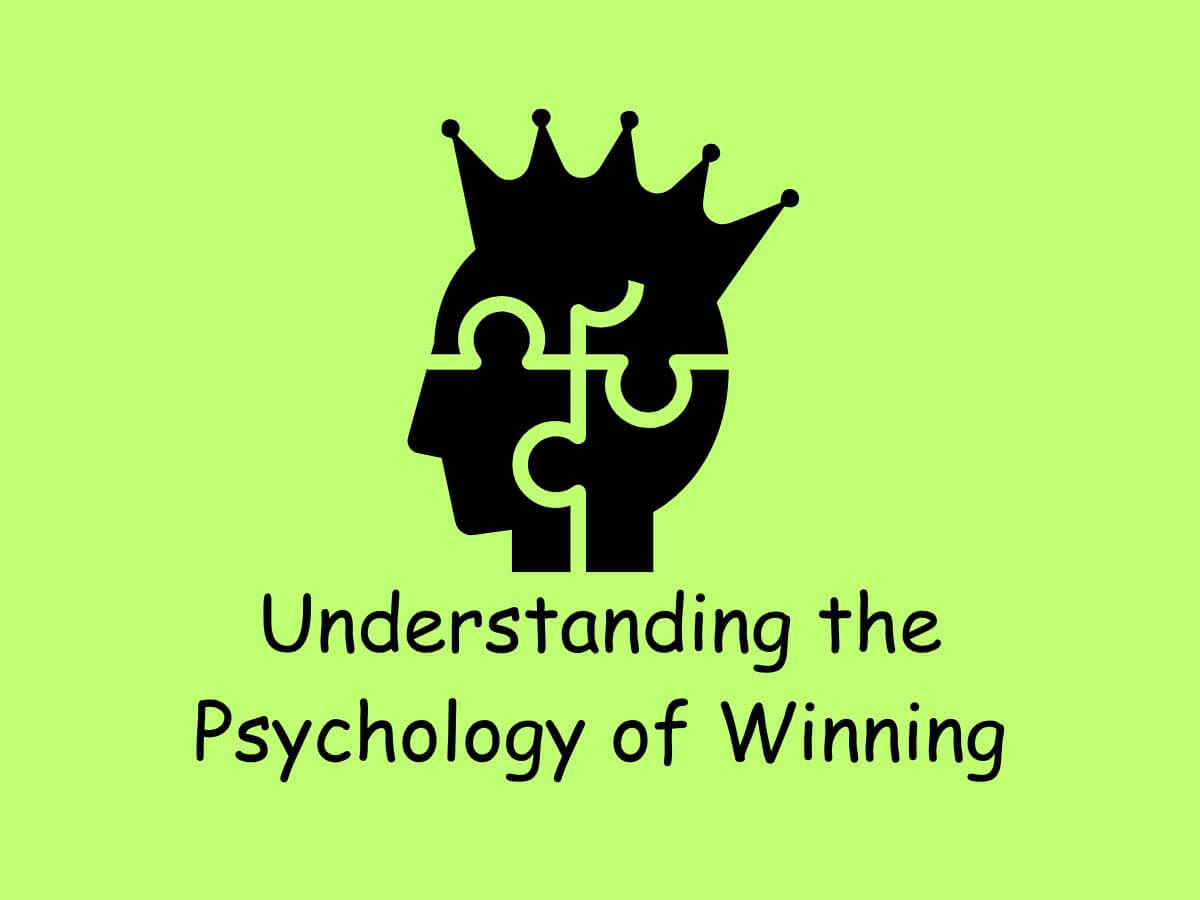
Tennis is as much a mental game as it is a physical one. The best players don’t just rely on their skills; they also master their minds. Winning in tennis often comes down to how well you can handle pressure, stay focused, and believe in yourself. It’s about developing a champion’s mindset that keeps you strong even when things get tough on the court.
Great tennis players have habits that set them apart. They know how to manage their emotions, deal with stress, and use their energy wisely. This helps them play their best, no matter what challenges they face. By understanding what goes on in your head during a match, you can learn to respond better to tough situations and keep your cool when it matters most.
One key aspect of the winning psychology is staying in the present moment. Pat Rafter, a tennis great, learned this the hard way. In a match against Pete Sampras, he started thinking about winning Wimbledon before the match was over. This took his focus away from the game, and he ended up losing. The lesson? Keep your mind on what’s happening right now, not on what might happen later. This helps you play your best and handle pressure better15.
Mastering Stress Management on the Court
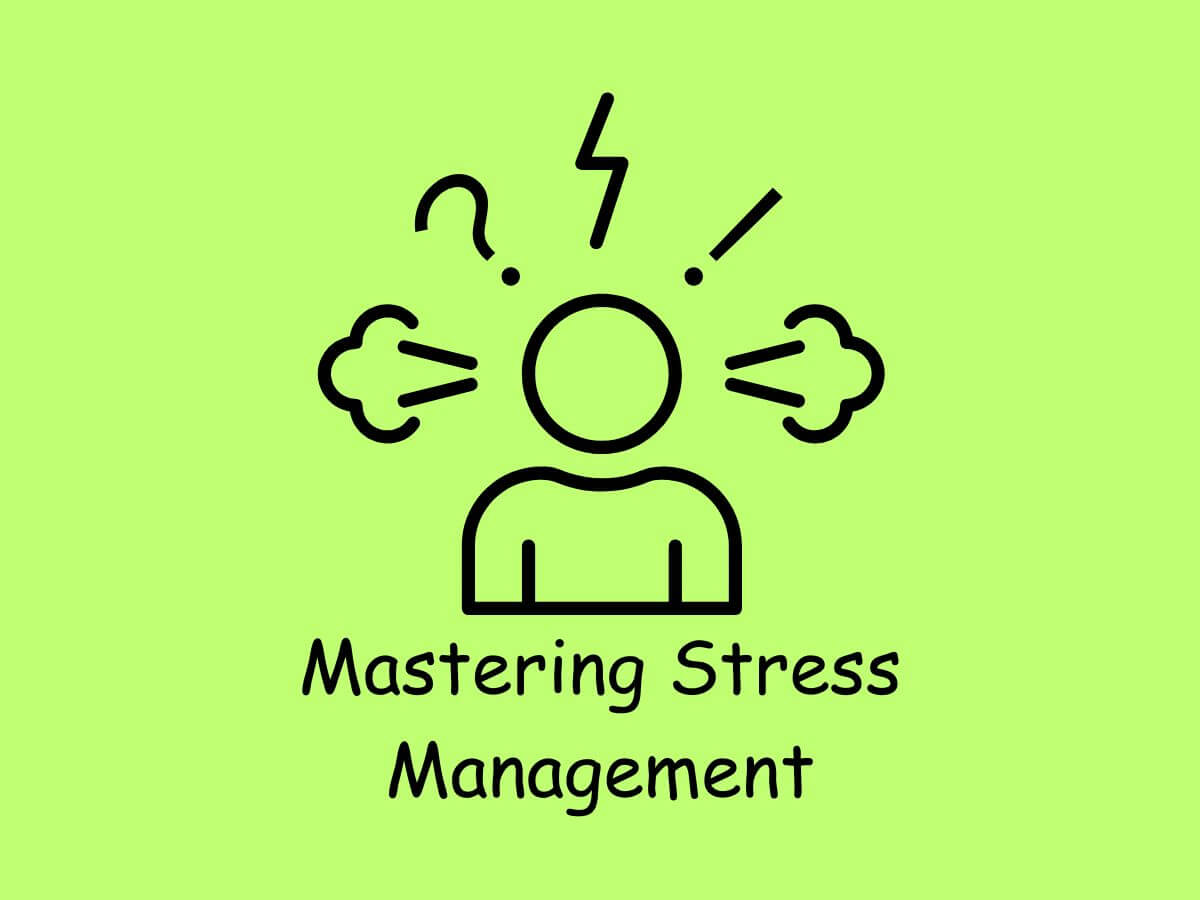
Stress is a big part of tennis, but it doesn’t have to ruin your game. Learning to manage stress can make a huge difference in how you play. One of the best ways to handle stress is through breathing. Before a match, take a few minutes to breathe deeply and slowly. This can help calm your body and mind. During the match, focus on your breathing between points to keep your heart rate steady and reduce stress4.
Another great way to manage stress is by creating routines. Having a set of things you do before and during a match can help you feel more in control. This might include adjusting your shoelaces, spinning your racket, or doing a quick visualization. These routines can help you stay calm and focused, even when the pressure is on5.
It’s also important to take care of yourself off the court. Eating well, staying active, and getting enough rest can help you handle stress better. When you’re in good shape physically and mentally, you’re better equipped to deal with the demands of tennis. Remember, stress burns energy quickly, so managing it well can help you stay strong throughout your matches2.
Visualization: Seeing Success Before It Happens

Visualization is a powerful tool that can help improve your tennis game. It’s like watching a movie in your mind where you’re the star player. Before a match or even between points, take a moment to imagine yourself playing perfectly. See yourself hitting great shots, moving smoothly on the court, and winning points. This mental practice can boost your confidence and prepare you for success5.
When you visualize, try to make it as real as possible. Feel the racket in your hand, hear the sound of the ball hitting the strings, and sense the excitement of playing well. This kind of vivid imagination can help train your brain and body to perform better when it’s time to actually play. Many top athletes use visualization to enhance their performance and stay mentally sharp9.
Combining visualization with positive self-talk can be even more effective. As you picture yourself playing well, use encouraging words or phrases in your mind. For example, you might think, “I’m quick and ready for every shot” or “My serve is powerful and accurate.” This combination of mental imagery and motivating self-talk can improve your performance and help you feel more confident on the court9.
The Power of Positive Self-Talk
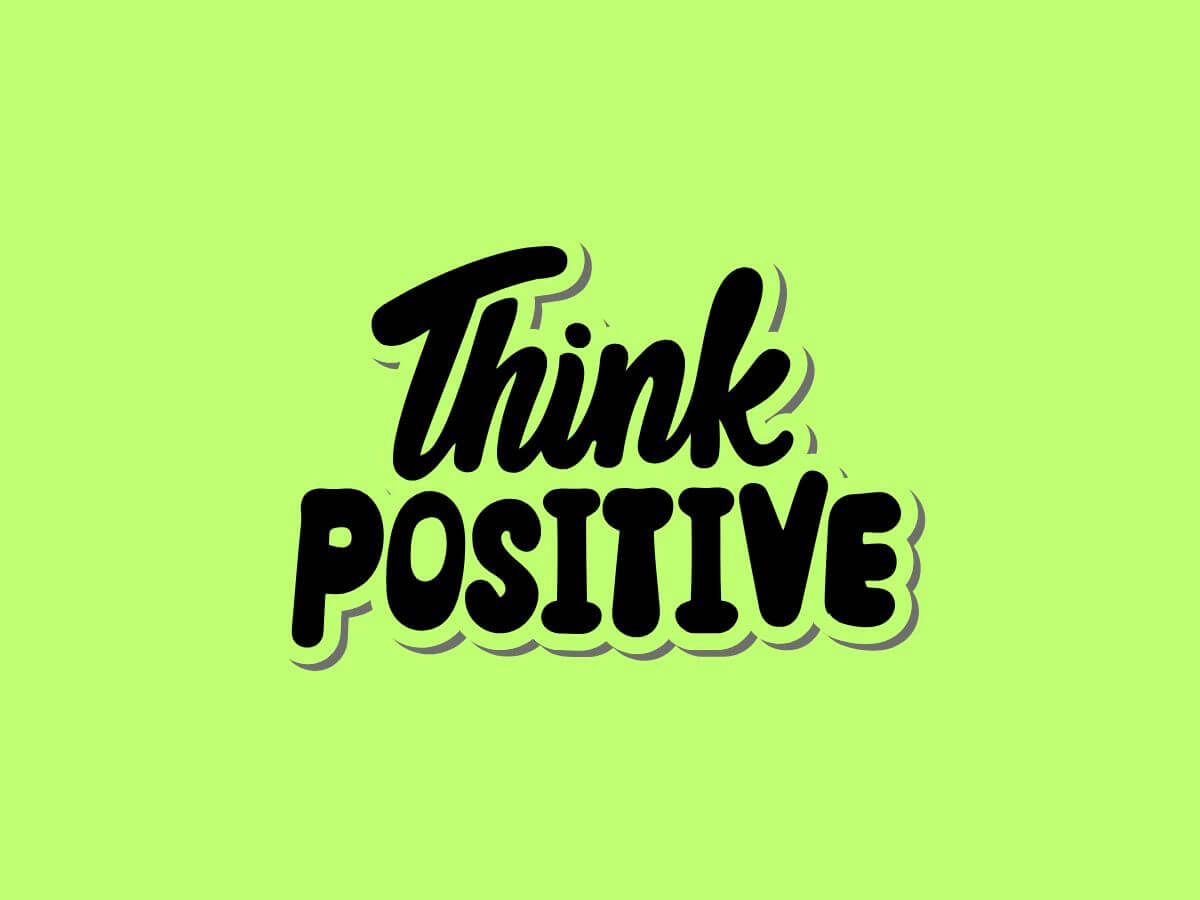
Self-talk is a powerful tool that can greatly impact your tennis performance. It’s the voice in your head that can either boost your confidence or bring you down. Positive self-talk involves using encouraging words and phrases to motivate yourself during a match. For example, instead of saying “Don’t hit any unforced errors,” try telling yourself “Hit the ball sound and strong.” This positive approach can help you stay focused and confident on the court4.
Your self-talk can change the course of a match. Imagine you’re playing well in the first set, feeling great about your game. But then you make a few mistakes and start to doubt yourself. If you let negative thoughts take over, like “I suck” or “I always fall apart,” your confidence can quickly drop, and your play might become erratic. Instead, try to maintain positive thoughts even when things get tough. Remind yourself of your strengths and recent successes to keep your confidence high4.
To make your self-talk more effective, keep it realistic and believable. Telling yourself you’re the greatest tennis player ever might not be helpful if it doesn’t feel true. Instead, focus on specific, achievable goals and use phrases that motivate you personally. You might say things like “Stay focused” or “You’ve got this” to keep yourself on track. Remember, the words you use can have a big impact on your performance, so choose them wisely4.
Building Effective Pre-Match Routines
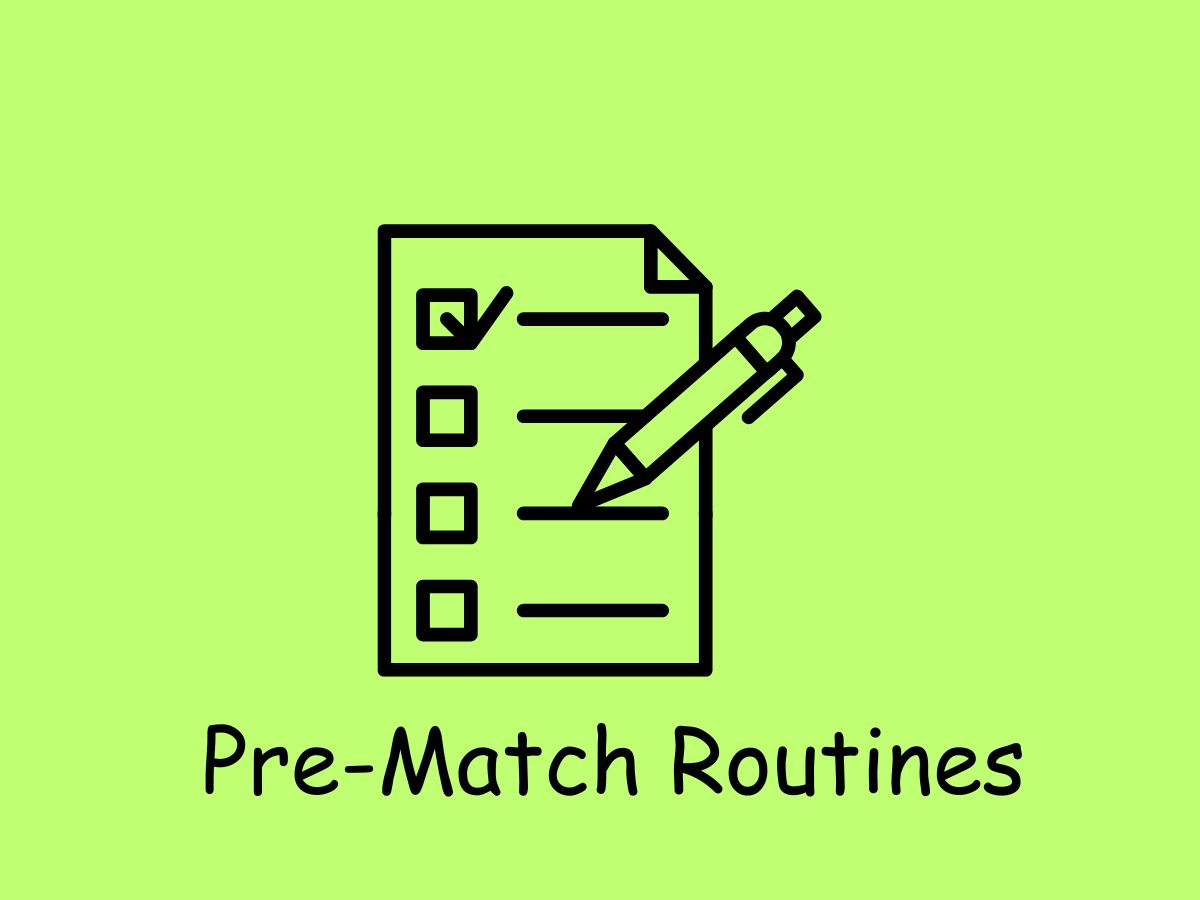
Having a solid pre-match routine can help you feel prepared and confident before stepping onto the court. A good routine starts with a physical warm-up to get your body ready for action. Begin with a light jog around the court for about 5 to 10 minutes. This will raise your body temperature and get your blood flowing, preparing you for the match ahead58.
After your light jog, focus on warming up specific parts of your body. Do some exercises to improve the mobility of your joints, like your ankles, hips, and shoulders. This can help you move better during the match and reduce the risk of injury. Next, do some dynamic stretches, such as lunges, knee lifts, and arm rotations. These active stretches prepare your muscles without reducing your strength58.
Finally, include some exercises to boost your speed and explosiveness. Try a few short sprints or quick direction changes to sharpen your reflexes. You can also do some jumping jacks, which are great for warming up your whole body. Remember to practice your tennis movements without a ball, a technique called shadowing. This helps you get into the right mindset for playing. By following a consistent pre-match routine, you’ll feel more prepared and confident when it’s time to play58.
Developing Mental Toughness for Tough Matches
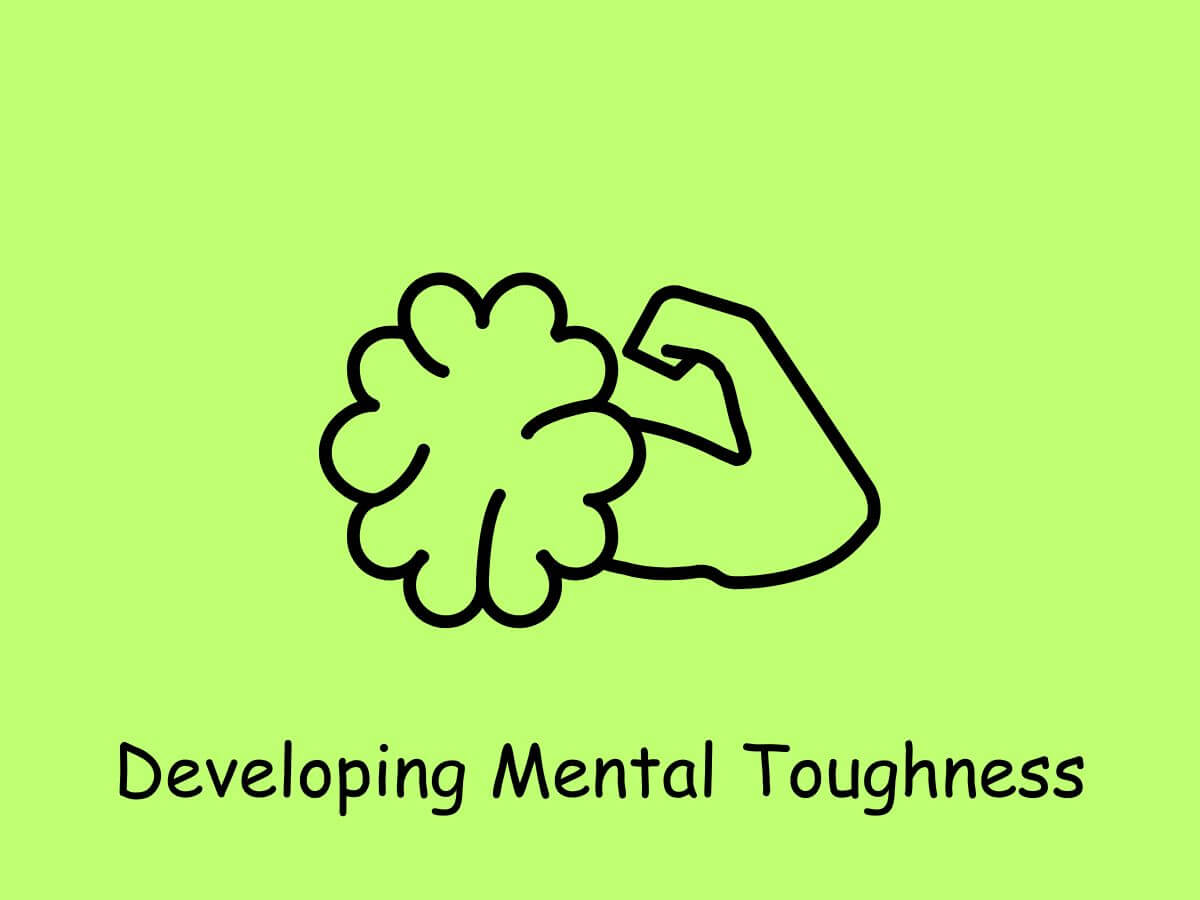
Mental toughness is crucial for handling the challenges of tennis matches. One effective way to build this toughness is through visualization. Before a match, take some time to imagine yourself playing well and succeeding. Picture yourself hitting great shots, moving smoothly on the court, and staying calm under pressure. This mental practice can boost your confidence and prepare you for success3.
Another key aspect of mental toughness is learning to face your fears. In tennis, you might fear losing, making mistakes, or disappointing yourself or others. Instead of avoiding these fears, try to confront them head-on. Remember, action builds confidence and courage. The more you push yourself to face challenging situations, the stronger your mental toughness will become3.
Lastly, learning to handle criticism and stress is important for developing mental toughness. Not all criticism is helpful, but learning to accept constructive feedback can improve your game. When you feel stressed, try visualizing all your stress going into an imaginary tennis ball, which you then throw away. This mental exercise can help you let go of negative feelings and focus on your game. By practicing these strategies, you can build the mental toughness needed to perform well in tough matches3.
Embracing a Mastery Approach to Tennis
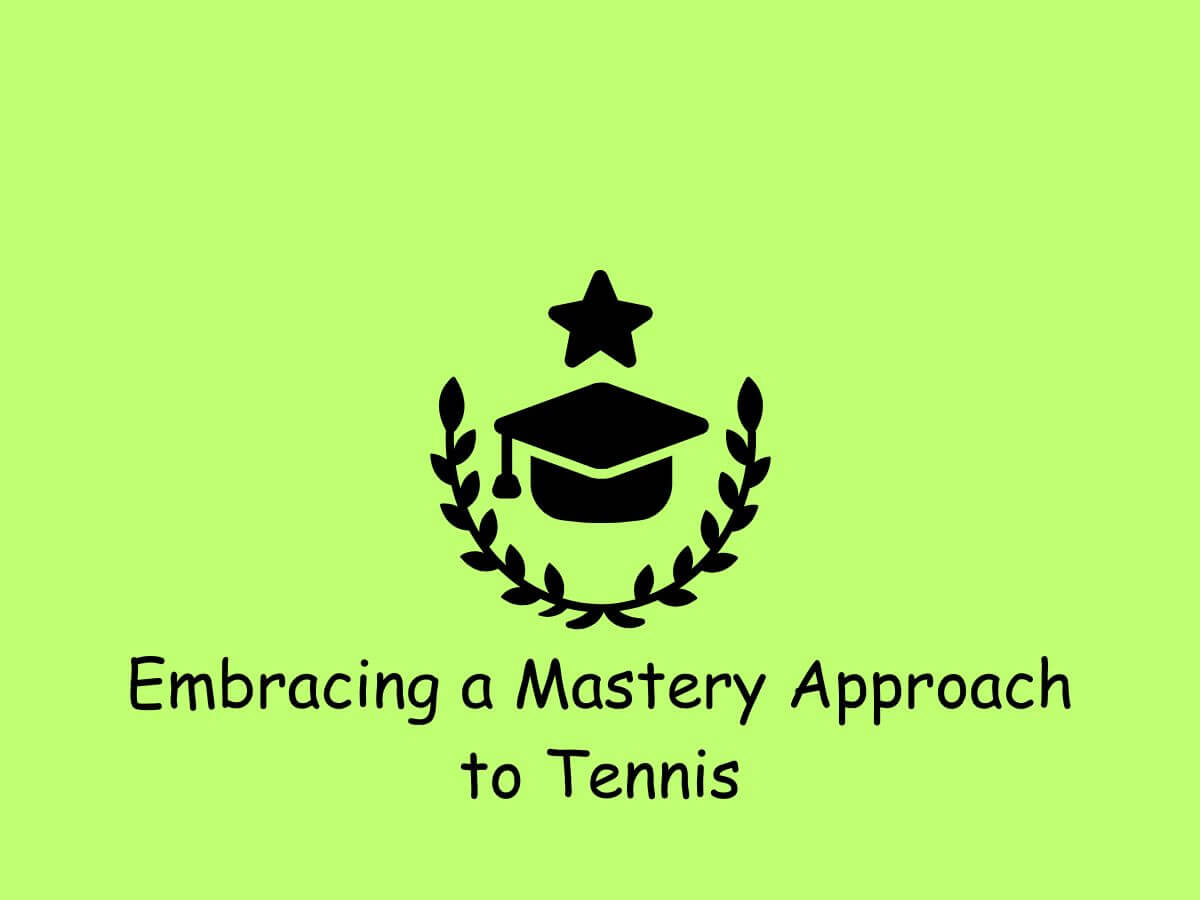
Tennis mastery involves more than just physical skills. It’s about developing both your technical abilities and your mental game. To truly excel in tennis, you need to focus on continuous improvement rather than just winning or losing. This means setting goals for yourself that go beyond match results. For example, you might aim to improve your serve accuracy or work on your footwork.
A mastery approach also means learning from every match and practice session. Instead of getting discouraged by mistakes, see them as opportunities to grow. Pay attention to what works well and what needs improvement. This mindset helps you stay motivated and keeps your focus on long-term progress rather than short-term outcomes.
To embrace mastery, it’s important to have a plan for your development. This might include regular practice routines, seeking feedback from coaches, and analyzing your performances. Remember, even top players are always working to get better. By adopting this approach, you’ll find that your skills improve steadily over time, and you’ll enjoy the process of becoming a better player.
Staying Present: The Art of Focus
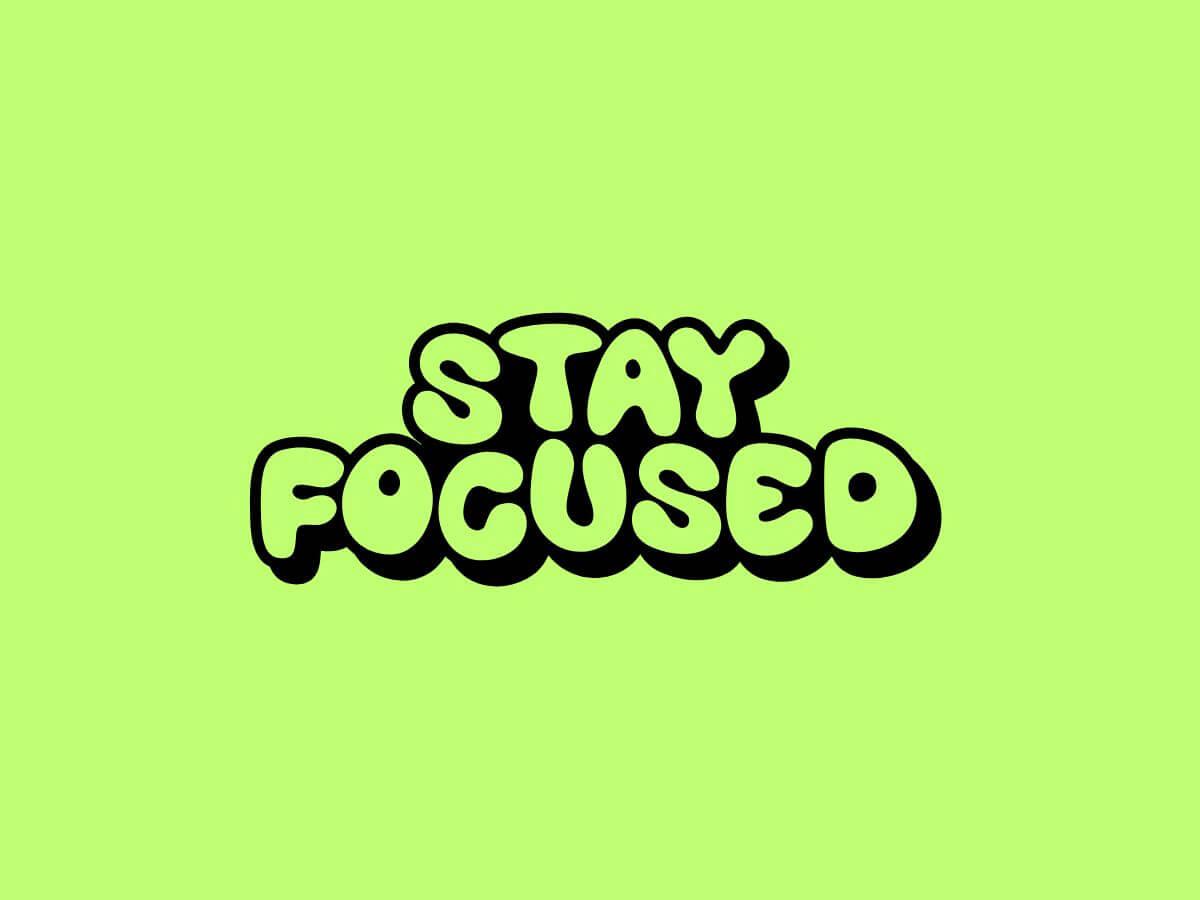
Staying present is crucial for success in tennis. It means keeping your mind on what’s happening right now, not worrying about the past or future. When you’re truly focused on the present, you can react faster, make better decisions, and play your best tennis. This skill takes practice, but it’s worth the effort6.
One way to stay present is to focus on your breath between points. Take a few deep breaths to calm your mind and body. You can also use a cue word like “focus” or “now” to bring your attention back to the present moment. Some players write these words on their wristband or racquet as a reminder4.
Another helpful technique is to concentrate on the ball. Pay attention to its speed, spin, and trajectory. This not only improves your game but also keeps your mind from wandering. Remember, each point is a new opportunity. Don’t dwell on past mistakes or worry about the match outcome. Instead, put all your energy into playing the point at hand2.
Turning Setbacks into Comebacks
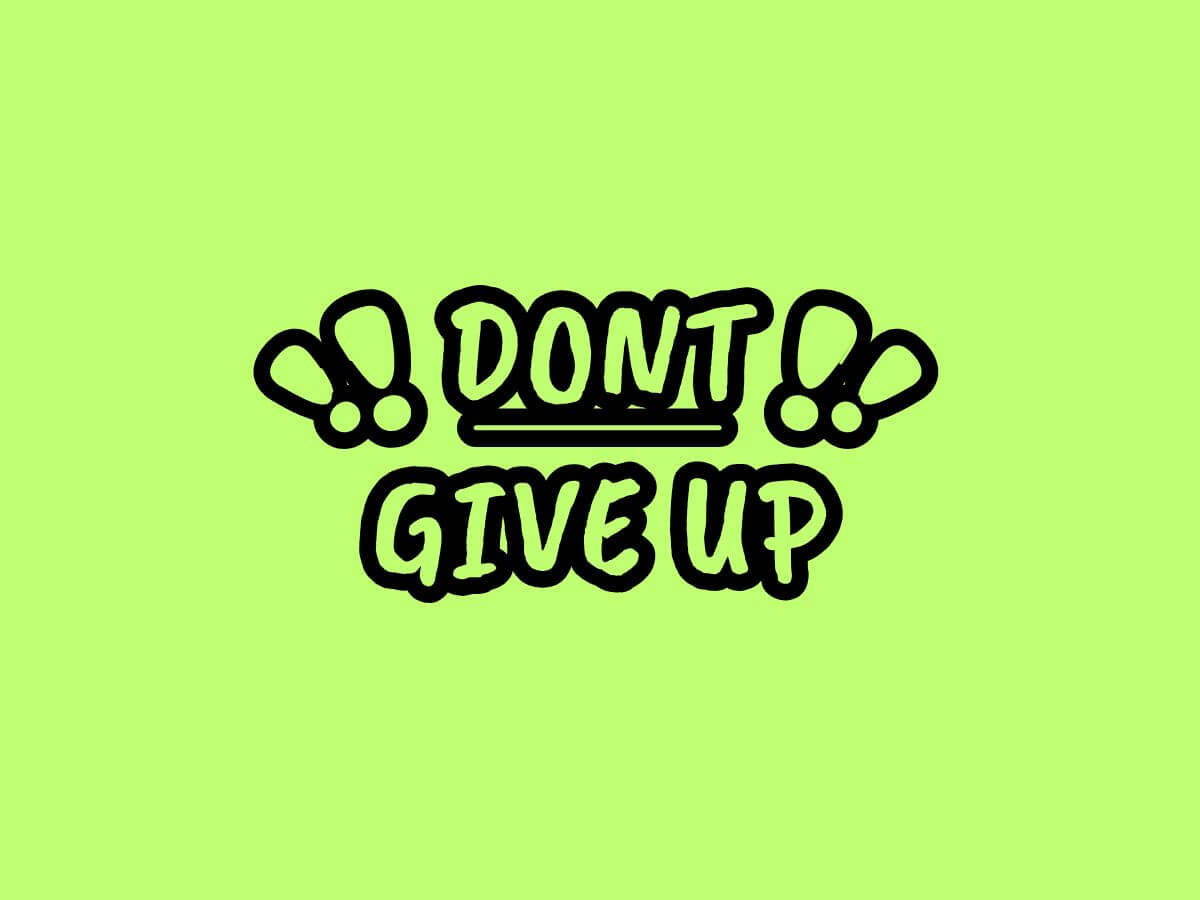
Every tennis player faces setbacks, but it’s how you handle them that matters. Instead of letting mistakes or losses bring you down, use them as motivation to improve. Start by analyzing what went wrong without being too hard on yourself. Look for specific areas where you can make changes or improvements1.
Next, focus on what you can control. You can’t change the past, but you can work on your skills, fitness, and mental game. Set small, achievable goals that will help you address the issues you identified. This might mean spending extra time on your serve or working with a coach on your strategy3.
Remember that setbacks are a normal part of any athlete’s journey. Even the best players in the world have bad days or tough losses. What sets them apart is their ability to bounce back. Stay positive, keep working hard, and trust in your ability to improve. With the right mindset, you can turn any setback into an opportunity for a comeback5.
Conclusion
You’ve now gained insights into various mental game strategies. The real magic happens when you start using them. Think of these tips as tools in your tennis toolbox. Experiment with each one to see what works best for you. Remember, it takes practice to develop a champion’s mindset.
Don’t be discouraged if you don’t see results right away. Keep working on these mental skills, and you’ll start to notice a difference in your confidence, focus, and overall performance. The court is waiting, and so is your potential.
If you need more information or have specific questions, feel free to reach out to me at jaiden@jaidensmedia.com. I’m here to help you on your journey to tennis success!
